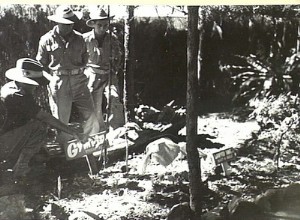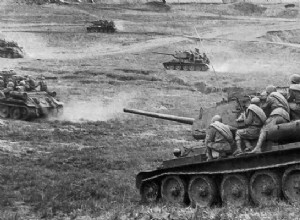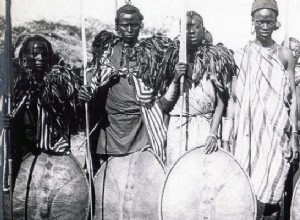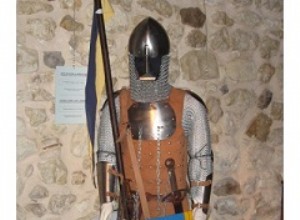But we are also encouraged to hunt, because it develops our knowledge of the jungle and our eye, forces us to do good stalking (tracking) and to shoot well. And also because meat is a need. The forest massif where we are has been a reserve for many years and game is abundant there:tiger, leopard, ax




